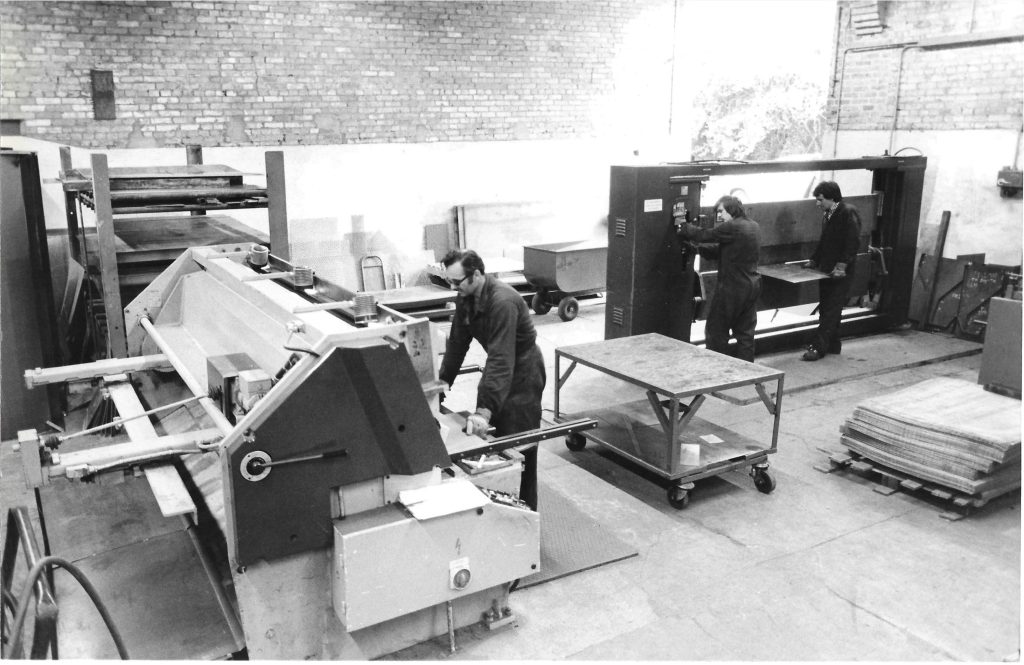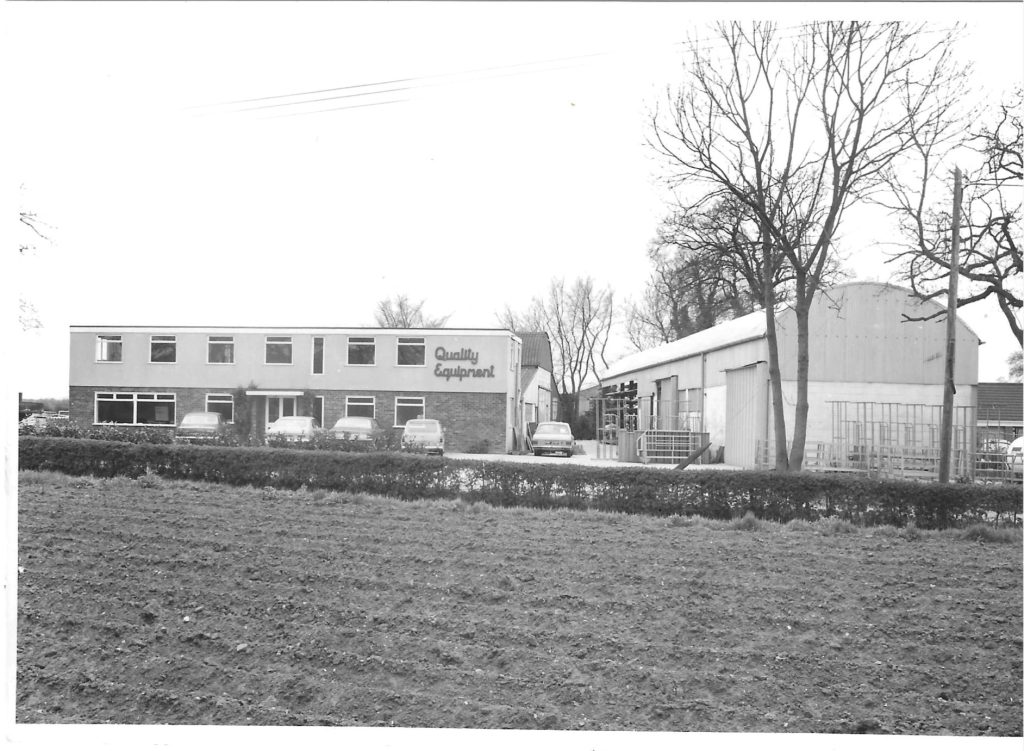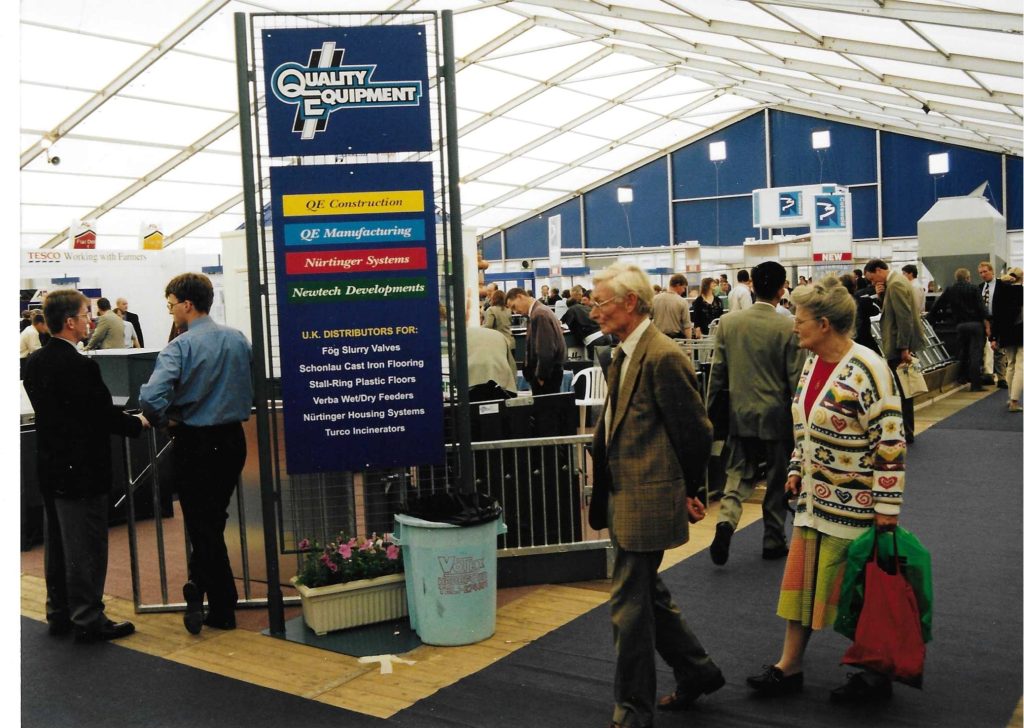History of QE – 60 Years of Innovation
Quality Equipment, or QE, was founded by Glynn Baker in 1965. Based in Woolpit, the small Suffolk village, QE is a third-generation family business, and its family nature is an integral part of its culture and a major attraction for many customers.



